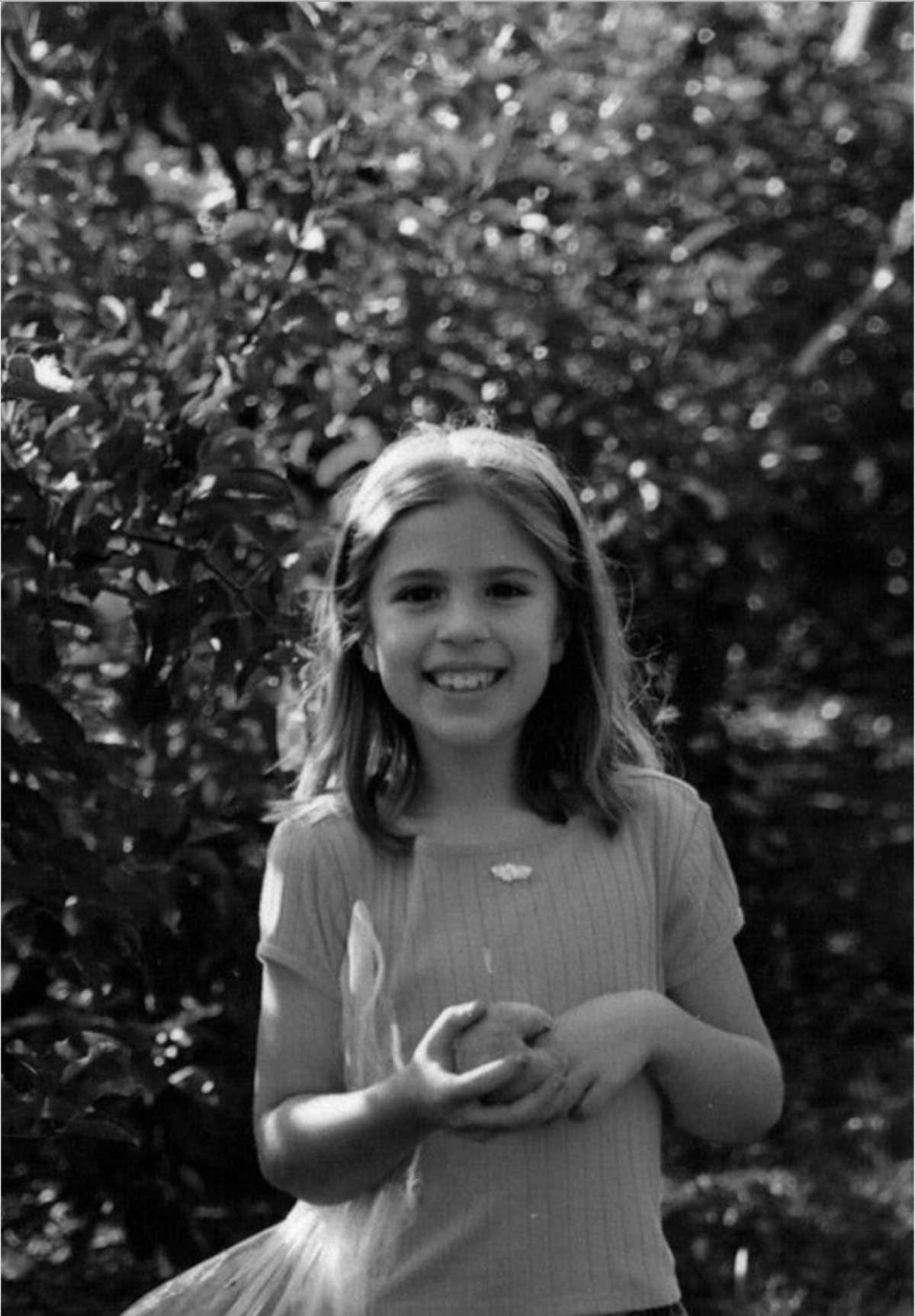|
Child abuse allegations against Troy church divide family, friends, community
By Edward Mckinley
ALBANY — “No matter what people say negatively, it’s painful, it’s hurtful, it’s discouraging, it’s angering and it can defame the Lord’s bride, the church, most of all,” Pastor Phil Smith, of Victorious Life Christian Church, said in an early August sermon. “The enemy seeks to defame our Lord and give Him a bad name.” His message — only God is the source of ultimate judgment and forgiveness — was typical for a sermon. But the apparent inspiration for the message on that Sunday was atypical, and it was not the enemy harming the church’s reputation, but a young woman suing them for allegedly abetting and harboring a Sunday school teacher who she says sexually abused her as a girl. Abigail Barker, 27, recently filed a lawsuit against Mark Rhodes, a member of the church who was her Sunday School teacher and deacon. The civil complaint alleges Rhodes sexually molested her, leaving her traumatized from the incident. The defendants in the lawsuit are the church, Rhodes and Dominick Brignola, leader of the church. Brignola was a former close friend of Barker’s father, she said, and a contentious email exchange between them is included as an exhibit in the lawsuit. The church, located on Fifth Avenue in the heart of downtown Troy, is like many churches: an interwoven community of tight-knit families. Barker’s family was active in the church, she said. The children in the church were friends. Their parents were also close, with relationships forged beginning when they were kids attending the church themselves. Officials with the church, including Rhodes, who is still an active member, declined to to be interviewed for this story, contending they are precluded from discussing a pending lawsuit. Barker’s story of abuse is far from unique. The lawsuit was filed under New York’s Child Victims Act, signed into law in 2019, which opened a look-back window for people who say they were abused as children to file lawsuits outside the statute of limitations. Nearly 5,000 cases have been filed across the state, and the window is open until August. Thousands of claimants have identified religious organizations of all denominations as the settings of their trauma and church leaders as the perpetrators. Many of the complaints also have been filed against members of Boy Scout troops and foster parents, with close, personal relationships and access to children a common thread in the alleged violative assaults. Multiple interviews with Barker, and a review of relevant court and police records, highlight the personal toll for someone pursuing justice in an alleged child abuse case. The fallout can end friendships, split families and divide communities. Barker knew that pursuing the case would have that effect, she said. Her family left the church years ago, she said, but her uncle’s family is still a part of the church, and the lawsuit has placed an enormous strain on their relationship. Her alleged abuse has gone mostly undiscussed over the years, Barker said, but it makes it hard to keep her cousins — who she "thinks of as my brothers and sisters" — in her life. “I knew what the cost would be. I knew it. I also knew, or I had a feeling I guess, that when the time came for a choice to be made, I was not going to be the choice,” Barker said. “But I want them to know, ... 'yeah, it was the hardest part,' and it was hard because I love them.” “So much of what keeps people from any sort of healing is feeling they have to be silent,” Barker said. “The greatest desire of my heart and the greatest thing I could ever ask for from all aspects of this situation is justice.” The alleged abuse occurred in 1998. It took two years for the young Barker to confide in her parents what happened, the suit says, kicking off a confrontation between her parents and church leadership. Brignola attempted to deal with the situation in-house, the suit says, telling the Barker’s they shouldn’t report it to authorities because, “You don’t want to bring (Child Protective Services) in here.” Barker is now accusing the church of engaging in a cover-up with her lawsuit. The web of familiar relationships and friendships that tied the Barker’s into the Troy church was so enmeshed that it took years for them to untangle themselves, Barker said. But years after they left, in 2009, Barker, then a teenager, came across Rhodes while he was taking care of a young child with special needs. The situation rocked her, the lawsuits says, causing her to see a therapist and putting her in distress. She decided to report the abuse to the Troy police. The police report indicates Barker’s parents were interviewed by police, but they never spoke to Rhodes, and the case was closed in May 2010. In 2012, Barker’s parents sent a letter to the congregation of the chuch informing them that Rhodes, who had supervised many of their children, had been accused of sexual abuse by their daughter. “We find the fact that Mark Rhodes is (to any capacity) currently involved with the care of children disturbing,” the letter stated. “To the best of our knowledge, the elders have not passed this information on to other families in the congregation.” The accusations were now in the open, and it forced people to choose sides. Some in the church community, almost entirely women, Barker said, supported her and believed her. But many did not. “I remember it so clearly we were in the milk and egg section of the grocery store,” Barker recalled of a time she was shopping with her mother. They ran into a former fellow congregant at the church, “a Ned Flanders type,” who froze awkwardly when he saw them. “We all just really need to forgive and love each other,” the man said, according to Barker. “It’s the Christian thing to do.” “If my parents and I had a dollar for: ‘It’s the Christian thing to do’ — I mean, good God,” Barker said, laughing without humor. The police had stopped investigating, and the statute of limitations precluded Barker from bringing the case to court. The road forward appeared closed to her. But then, with the signing of the CVA into law in 2019, an avenue opened for Barker to pursue justice. She struggled at first to find an attorney because many firms only pursue cases against large organizations like the Catholic Church or Boy Scouts — a trend that the Times Union highlighted in November. But eventually Barker retained legal counsel and her lawsuit was filed in early August. It was the first Sunday after Barker’s case was filed that Pastor Smith appeared to address the issue in a church sermon. He accused Barker, indirectly, of lying, but then went on to say that the church “unequivocally supports Ms. Abigail Barker’s pursuit of the truth and justice in this very serious matter.” He denied that the church was responsible for any abuse that occurred, and he lauded the services that it provides to its community, which include providing food for the hungry, assistance for those with substance abuse and shelter for homeless individuals. “We must examine where the criticism comes from,” Smith continued. “Well, whether it be reasonable people in the community or people with an axe to grind. I do not refer to Ms. Abigail Barker when I say 'an axe to grind.' I refer to such people as the media and social media, outlets and disgruntled people within the church that have left.” On the Facebook post of the sermon, there were four supportive comments thanking Smith and saying they stand by the church and by Brignola. “Please, pray for the people who do harm against us,” Smith said at the end of his sermon. “Pray that God will soften their heart, but refute with the word of God and stand with me in saying I know the character of Dominick Brignola. I would stake my life on his character. Amen.” Barker said she was unsurprised by the church’s decision to address the sensitive allegations in public, saying she actually was expecting it. She said that while Smith called for “self-reflection,” she felt it was a disingenuous message, and that what he was really doing was “the worst rendition of 'stand by your man' I’ve ever heard.” "It's just such a tried and true message that has worked across generations to silence survivors," she said. "That message was a reminder to the congregation that it is better to sit in silence, and wait until the afterlife to receive any semblance of justice for the crimes committed against them, then say something that would threaten the church's reputation and power." “Allowing abusers into your church, harboring them, protecting them, that is not the gospel. That is not God. That is not what Christianity, what truth, not what redemption, not what salvation, not what any of it is about," Barker said. "This is the act of man. This is the act of man." Contact: Edward.McKinley@timesunion.com
|
.
Any original material on these pages is copyright © BishopAccountability.org 2004. Reproduce freely with attribution.

